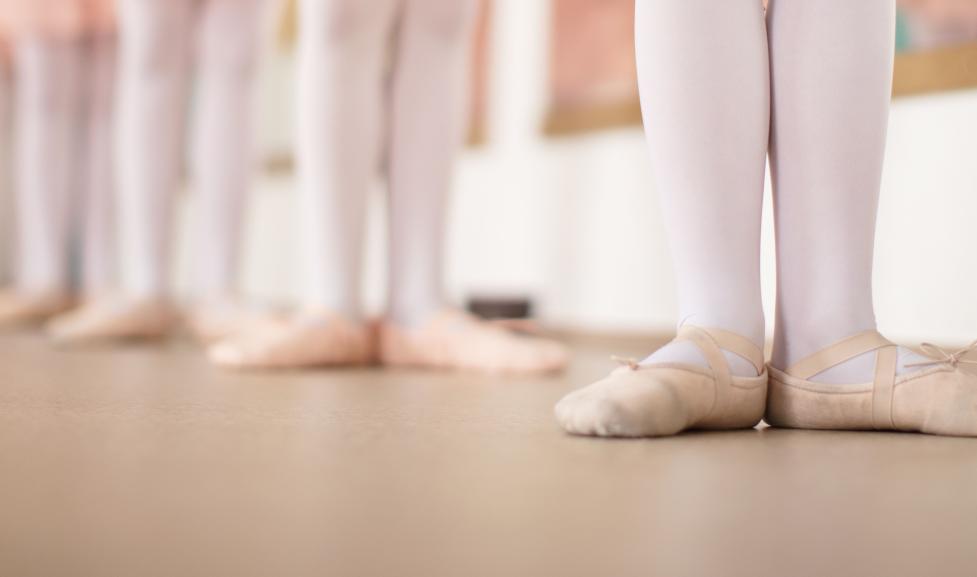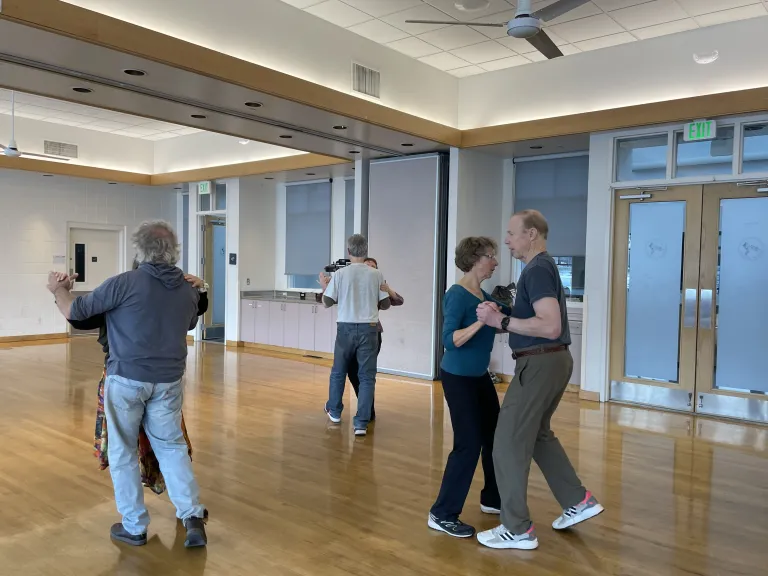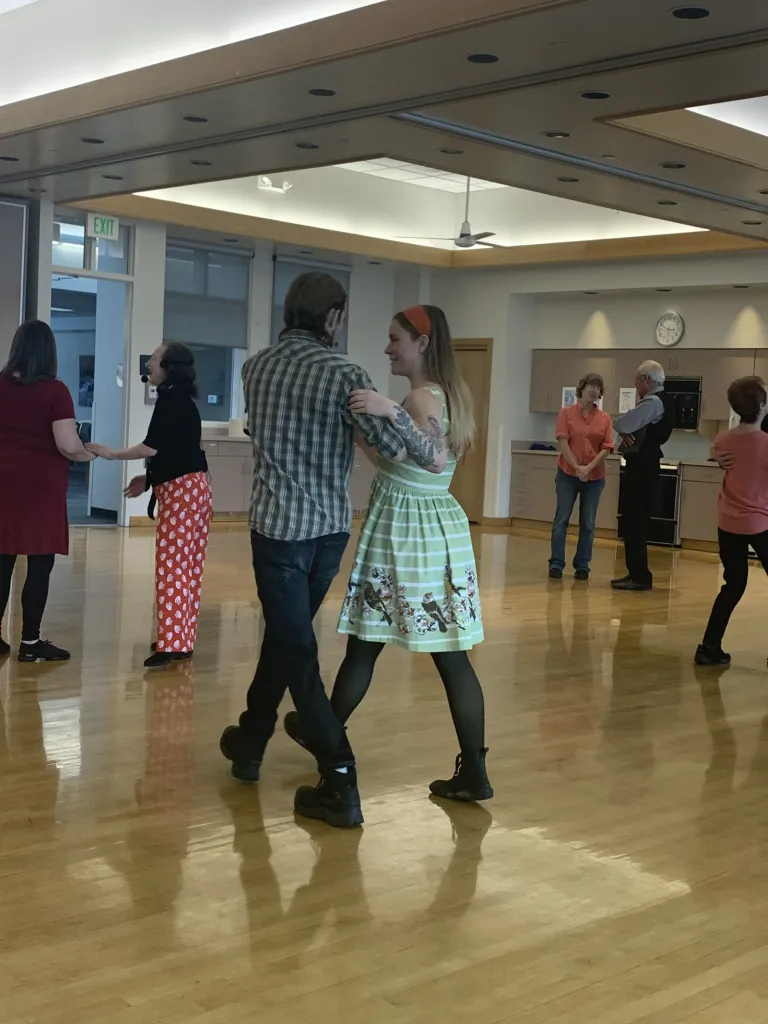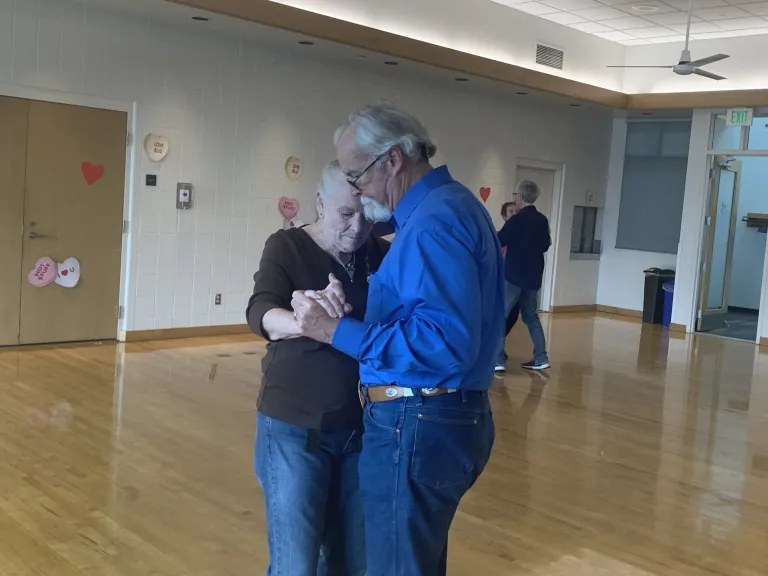Parent Observation Policy
The City of Boulder Dance Program is committed to providing an enriching and focused learning environment for young dancers. One noteworthy aspect of our program is the policy that prohibits parents from observing their child's dance classes. Our decision to restrict parent observation is rooted in a desire to create a positive, focused, and nurturing learning environment for our young dancers. By prioritizing concentration, independence, safety, and professionalism, we aim to cultivate not only skilled dancers, but also confident and expressive individuals on their artistic journey.
In particular, this policy aims to:
- Foster Concentration: Concentration is critical in dance, and allowing parents to observe can inadvertently create distractions which affect both students and instructors [1]. By limiting external influences, we ensure that our dancers can fully immerse themselves in the learning process [2], allowing them to absorb instructions and refine their skills without interruption.
- Encourage Independence: Independence is a key aspect of personal and artistic growth. Our policy of no parent observation aims to encourage young dancers to take ownership of their dance education. When parents are not present, students are more likely to make decisions that contribute to their development [3], fostering a sense of responsibility for their own progress.
- Alleviate Performance Anxiety: Performance anxiety is a common challenge for dancers. The knowledge that parents are watching can create unnecessary pressure, and by eliminating constant observation students can focus on their personal growth and artistic expression without the burden of external expectations [4]. This contributes to a more positive and nurturing learning environment.
- Cultivate Professionalism and Program Culture: Dance class is a serious educational setting where the primary focus is on learning and improvement. The no-observation policy communicates to both students and parents that the Dance Program is dedicated to maintaining a professional atmosphere within the studio. This commitment strengthens the overall culture of our program and emphasizes our dedication to providing a high-quality dance education [5].
- Provide a Safe Space: Students may be more hesitant to explore movements or try new techniques if they feel constantly observed by their parents [6]. The City of Boulder Dance Program is committed to creating a safe and supportive space for self-expression and vulnerability. Our policy ensures that students can take risks and push their boundaries in a private and secure setting.
- While these points are drawn from general psychological and educational principles, the specific policies of the City of Boulder Dance Program are informed by a combination of practical experience, educational philosophy, and common practice among dance educators. The integration of these principles into dance education aligns with established psychological and educational theories on effective learning environments.
References:
- Deci, E. L., & Ryan, R. M. (1985). Intrinsic motivation and self-determination in human behavior. Springer.
- Dux, P. E., Asplund, C. L., & Marois, R. (2009). An attentional blink for sequentially presented targets: Evidence in favor of resource depletion accounts. Psychonomic Bulletin & Review, 16(1), 141–146.
- Edmondson, A. (1999). Psychological safety and learning behavior in work teams. Administrative Science Quarterly, 44(2), 350–383.
- Hanton, S., Mellalieu, S. D., & Hall, R. (2004). Self-confidence and anxiety interpretation: A qualitative investigation. Psychology of Sport and Exercise, 5(4), 477–495.
- Pashler, H., McDaniel, M., Rohrer, D., & Bjork, R. (2008). Learning styles: Concepts and evidence. Psychological Science in the Public Interest, 9(3), 105–119.
- Bergin, C. (1999). Influences on classroom interest. Educational Psychologist, 34(2), 87–98.



